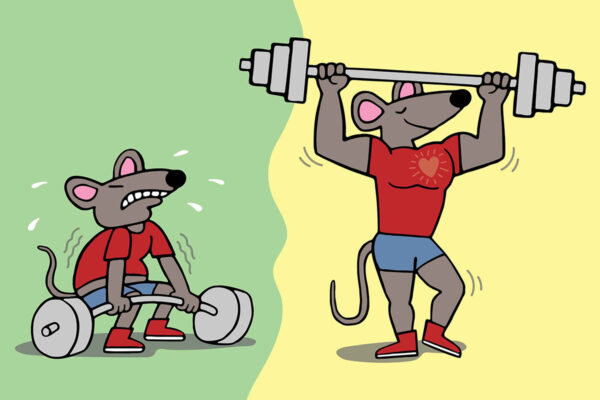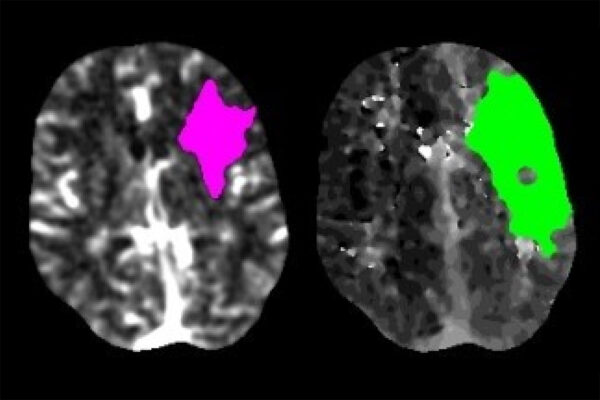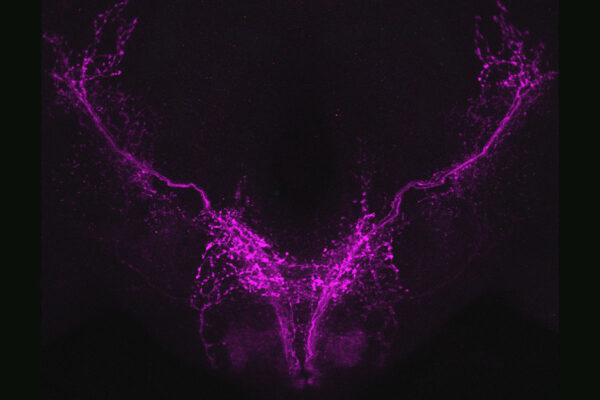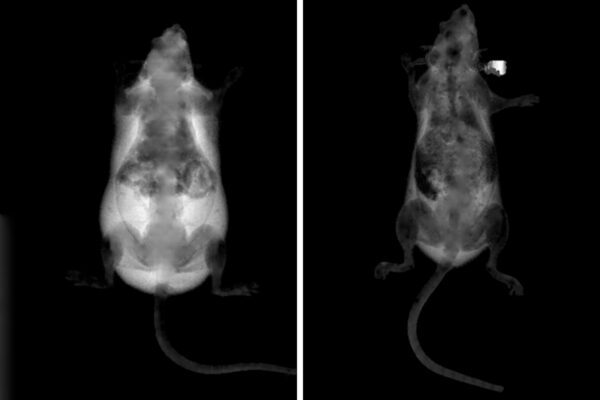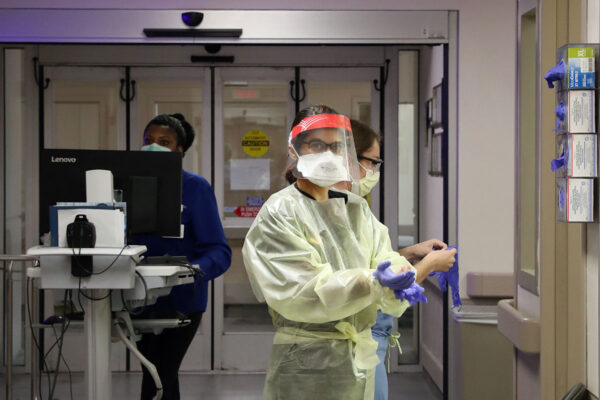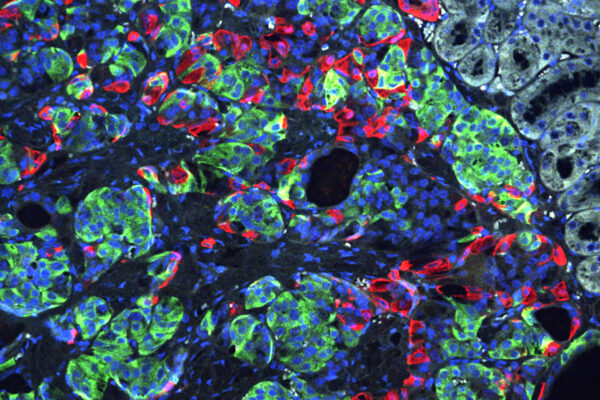Gene therapy in mice builds muscle, reduces fat
Researchers at Washington University School of Medicine found that gene therapy in mice helped build strength and significant muscle mass quickly, while reducing the severity of osteoarthritis. The gene therapy also prevented obesity, even when the mice were fed a high-fat diet.
Stroke evaluations drop by nearly 40% during COVID-19 pandemic
A study led by the School of Medicine at Washington University in St. Louis has found that stroke evaluations fell by nearly 40% during a period of the COVID-19 pandemic, suggesting that many stroke patients are not seeking potentially life-saving medical treatment.
Flies sleep when need arises to adapt to new situations
Researchers at Washington University School of Medicine in St. Louis have found that flies sleep more when they can’t fly, possibly because sleeping helps them adapt to a challenging new situation.
COVID-19 in-home monitoring program launched
An in-home monitoring program for COVID-19 patients who are not sick enough to be hospitalized has been launched by the School of Medicine and BJC HealthCare. By keeping close watch over COVID patients, doctors hope to identify signs of deterioration early so that they can intervene and, ideally, keep more people out of the hospital.
Obesity prevented in mice treated with gene-disabling nanoparticles
Disabling a gene in specific mouse cells, School of Medicine researchers have prevented mice from becoming obese, even after the animals had been fed a high-fat diet. The researchers blocked the activity of a gene in immune cells called macrophages, key inflammatory cells.
New targets for childhood brain tumors identified
People with the genetic condition neurofibromatosis type 1 are prone to developing tumors on nervous system tissue. A new study from Washington University School of Medicine has found that the development and growth of such tumors are driven by nearby noncancerous neurons and immune cells.
On the front lines in fight against COVID-19
In the COVID-19 wards of Barnes-Jewish Hospital, where Washington University physicians are fighting an exhausting battle against a new, baffling and sometimes lethal disease with the help of the hospital’s nurses, other medical professionals and support staff.
The pandemic’s impact on older adults
Moving through a global pandemic has severely impacted every American, but maybe none more than older people. The COVID-19 pandemic has placed a spotlight on the deleterious effects of deep-seated ageism, sexism and racism on older Americans, suggests a new paper from the Harvey A. Friedman Center for Aging at Washington University in St. Louis.
Potential biomarker for autism identified in infants
A biomarker in newborns may signal autism spectrum disorder months or even years before troubling symptoms develop and such diagnoses typically are made. Researchers at Washington University School of Medicine and Stanford University found that some newborns had very low levels of a neuropeptide years before their diagnoses with autism spectrum disorder.
Diabetes reversed in mice with genetically edited stem cells derived from patients
Researchers at Washington University School of Medicine have transformed stem cells into insulin-producing cells. They used the CRISPR gene-editing tool to correct a defect that caused a form of diabetes, and implanted the cells into mice to reverse diabetes in the animals.
Older Stories
